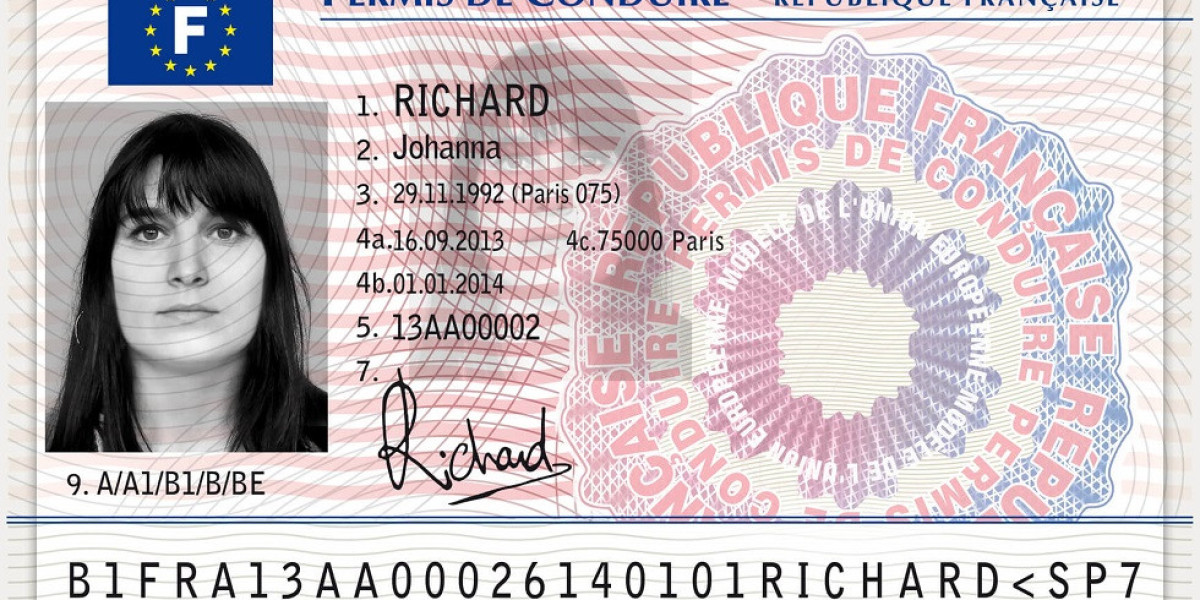A driver's license can open up many possibilities. It can also cause anxiety in young drivers and parents.
To ensure that you obtain your driver's license in a secure and legal manner, you must follow these tips to make the process as easy as possible. Beginning with a learner's license is the first step towards getting your driver's license.
Permit for Learners
New York's learning to drive process is extremely rigorous and can be a bit intimidating for new drivers. It is crucial to keep in mind that this is an important stage for developing safe habits that you will carry with you throughout your life. The learner's license is the first step to becoming a licensed driver in New York.
Preparing for the written exam is essential before you visit your local DMV to apply for your learner's permit. The official New York State Driver's Manual is required to be studied since the majority of questions on the test are taken directly from it. Also, taking online practice tests or from third-party providers will help you prepare for the actual test and help you identify areas where more study is needed.
Once you've learned the material, head to your local DMV to complete all the paperwork. The documents, application and payment in order will make the process quicker and more efficient. It is also a good idea to confirm your test date at least a few weeks prior to the date because spots can fill up quickly.
You will need to bring proof of your identity and age (birth certificate or passport, or a permanent resident card) at the time you visit the DMV. You will also need a completed MV-44 application form along with six identification documents. In addition, you'll have to pay a fee, which varies based on your age and the location.
After completing the steps, you'll take a test of your knowledge. The test will cover information from the New York State Driver's Manual and will test your capacity to identify road signs and traffic laws as well as safe driving habits. Learning the manual as well as taking practice tests and completing a certified driver education course are all excellent methods to prepare for your test.
 After you have passed your test After passing the test, the DMV will issue a temporary learner's permit. This permits you to practice driving under the supervision a qualified supervisory driver who must meet the age relationship, affluence and license requirements. The supervising driver must be alongside you when you're behind the wheel and must observe the driving restrictions set forth in the Graduated Driver License Law.
After you have passed your test After passing the test, the DMV will issue a temporary learner's permit. This permits you to practice driving under the supervision a qualified supervisory driver who must meet the age relationship, affluence and license requirements. The supervising driver must be alongside you when you're behind the wheel and must observe the driving restrictions set forth in the Graduated Driver License Law.As a novice driver, you should practice with your supervisor as much as possible to improve your skills and build your confidence. Make sure you record your driving hours so that you can submit them when applying for an intermediate license or a full driver's license. You can become a confident, responsible driver by following these suggestions. Have fun on your journey!
Restricted License
A restricted license allows drivers to drive only under certain conditions. In most cases, a court or the Department of Motor Vehicles will issue a restricted license if you've been denied driving privileges or revoked as a result of DUI charges or similar offenses. The specifics of your restricted license may differ by state. Usually you can only drive between work, school or drug or alcohol treatment programs as well as medical appointments. Certain states also restrict the time you can drive during certain hours of the day.
You might also be required to install an ignition interlock (car breathalyzer), even if you have a restricted driving license. A lot of states require this for drivers who have had a DUI conviction. Intoxalock provides simple to install and use devices that make this process as easy as it can be. Our customer support is available 24 hours a day. will help you understand the often confusing laws in your state so you can get back on the road as soon as you like.
The terms and restrictions of your restricted license depend on the reason for your suspension or revocation, your driving record, and your current level of sobriety. If your license has been suspended due to an DUI you may be qualified for a hardship license in the event that you've completed the Impaired Driver Program and are a first-time offender. The results of your breath and urine tests, as well as blood or urine tests along with your BAC will determine if you are eligible for a hardship license.
Most states require DUI offenders to complete an amount of time known as "hard suspension du permis de Conduire et permis retiré," meaning you can't even drive before they can be granted a restricted driving privilege. You may also need to complete a DUI course and install an ignition interlock device inside your car before you can be granted a limited driving privilege.
If you fail to adhere to the conditions and terms of your restricted driver's licence in addition to the fines, a longer duration with an ignition interlock, or the cancellation of your entire license. If you have your full license suspended, you aren't permitted to drive and will require the assistance of family and friends for transportation to work and other appointments.
The process of obtaining a hardship or restricted license isn't an easy process. It is advisable to consult with an attorney for criminal defense who is familiar with driving law and can advocate on your behalf. Your lawyer may be able to help you reduce the time required for an ignition interlock device in a few situations if you agree it will be installed in every vehicle you own, provided you adhere to the conditions of the program, for example, regular rolling retests and maintenance, as well as reporting requirements. In the end, your attorney will assist you in understanding the complex and confusing driving law in your state.



